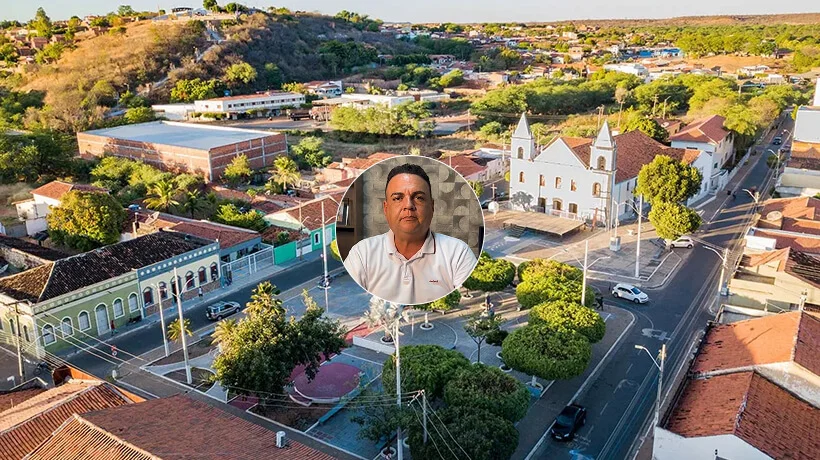São Raimundo Nonato’s mayor signed the lottery law last week. Mayor Rogério Araújo de Castro approved the measure after it squeaked through the City Council with a 6-4 vote.
The tight margin shows real division on this issue. The Piauí city can now run lottery games itself or license them out.
Municipal Secretary of Administration and Finance will handle oversight and fraud prevention. That’s the official plan anyway.
Salvador’s City Council is working on something similar right now. Other Brazilian cities have been exploring this revenue option too. It’s becoming a trend across municipalities looking for new funding sources.
Why This Funding Model Attracts Cities
The administration wants money for social programs. Revenue will target education, health, culture, tourism and social assistance projects.
But there’s a catch. Prize payouts come first, then taxes and operating costs. Only what’s left goes to community programs.
That funding structure means social benefits aren’t guaranteed. It depends entirely on how much players spend and how many prizes get claimed.
Unclaimed prize money flows to the Municipal Fund for Children and Adolescents. That’s one concrete detail supporters highlight. The city argues it needs alternative revenue streams beyond traditional taxes.
What the Law Actually Allows
The municipality can operate games directly or bring in partners. Options include licensing deals, public-private partnerships or full concessions.
Each approach has different implications for control and revenue splits. Direct operation means more oversight but higher costs. Licensing means faster launch but less control.
The law doesn’t specify which model the city will choose first. Implementation details remain unclear at this stage. No timeline has been announced for when games might actually launch.
The measure authorises the city to operate or license lottery products. But what products exactly? That hasn’t been spelled out yet either.
How Legal Concerns Cloud the Launch
Legal experts aren’t convinced this stands up. They question whether municipalities can legally run lotteries without clearer federal guidance.
The validity issue hasn’t been resolved. Some lawyers say municipal lotteries lack proper legal foundation under Brazilian law.
Critics worry about vulnerable players. Low-income residents typically spend more on lottery tickets as a percentage of income. Historical data backs this up across Brazil.
The 6-4 vote reflected these concerns during council debate. Without strict controls and transparency, the program could backfire on the community it’s meant to help.
Some council members raised these points during debate. The fraud prevention measures haven’t been detailed yet. And implementation timelines? Those haven’t been announced either.
The city faces real questions about regulatory capacity and player protection before launch. Whether São Raimundo Nonato can actually pull this off remains an open question.





